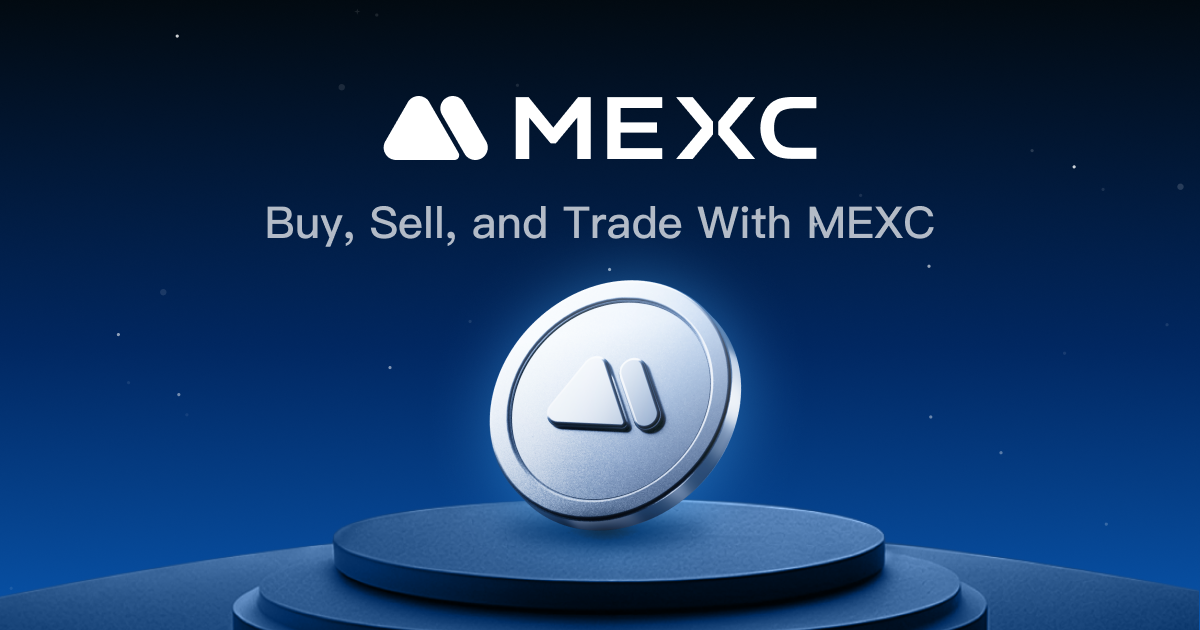As the global crypto market experiences a powerful resurgence in 2025, decentralized finance (DeFi) has once again taken center stage — and regulators around the world are paying close attention. With billions of dollars locked in DeFi protocols and a growing number of users engaging in trustless lending, borrowing, and trading, the sector is pushing into uncharted territory. This explosive growth has sparked concern among lawmakers and financial authorities, who are now accelerating efforts to bring regulatory clarity to the decentralized frontier.
From Washington D.C. to Brussels and Singapore, financial watchdogs are actively crafting new policies aimed at increasing transparency, managing risk, and protecting users in the DeFi space. Discussions revolve around enforcing Know-Your-Customer (KYC) and Anti-Money Laundering (AML) protocols, defining legal responsibilities for protocol developers, and ensuring consumer protections — all without stifling innovation.
Meanwhile, DeFi protocols are beginning to adapt, with some voluntarily implementing compliance layers and community-driven governance reforms to prepare for what’s coming. The evolving narrative is no longer just about freedom from traditional finance — it’s now about coexisting with it, navigating a path where decentralization and regulation intersect.
While some critics view the push for oversight as a threat to crypto’s core principles, others see it as a necessary step toward mainstream adoption and long-term resilience. The outcome could shape the future of finance: Will DeFi retain its edge as a decentralized alternative, or will it be absorbed into the framework of global financial regulation?
What’s certain is that 2025 marks a turning point — a year where the world’s most innovative financial systems must prove they can scale not just in code, but in responsibility.










